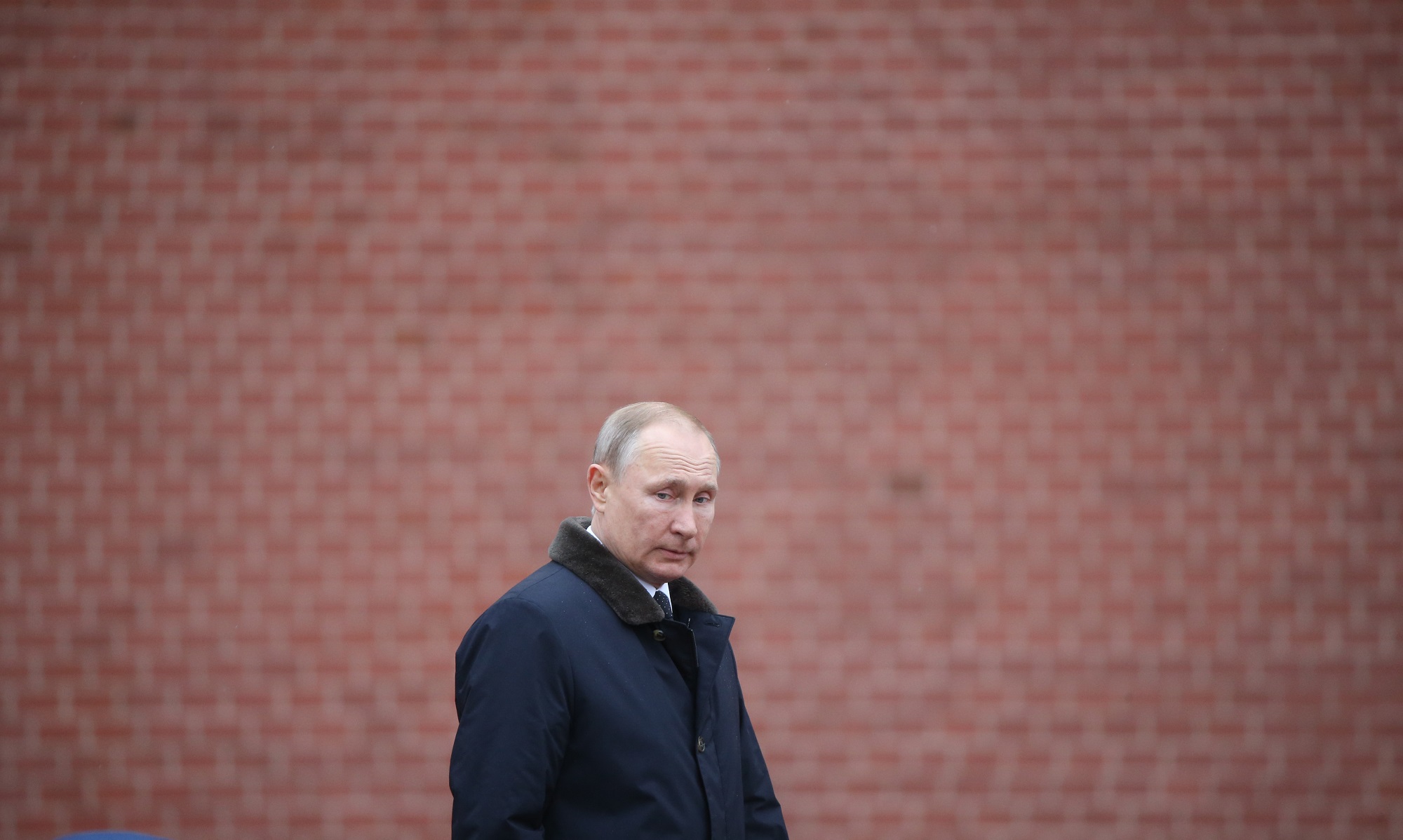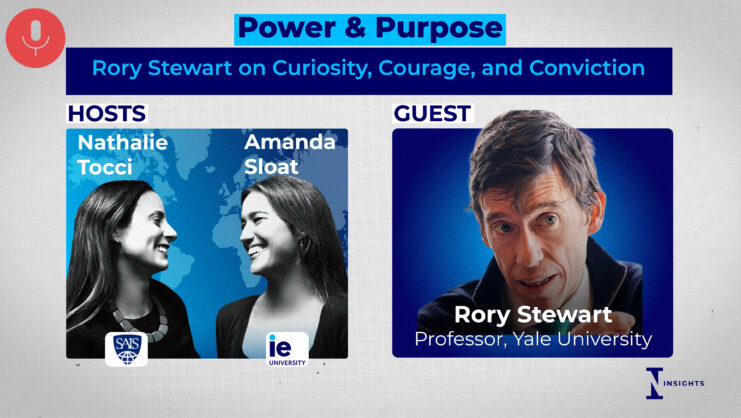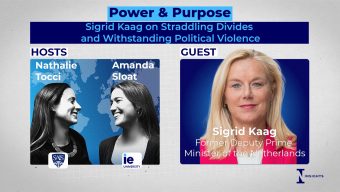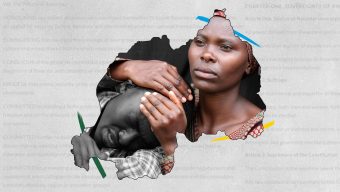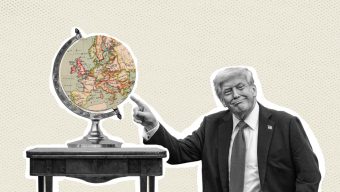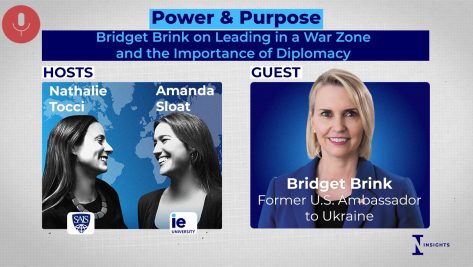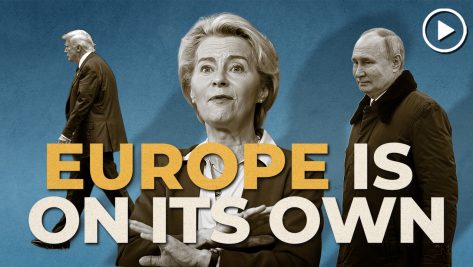Following Russia’s unprovoked attack on Ukraine, media reports have surfaced expressing concern that Russian President Vladimir Putin may have changed following two years of increased isolation during the pandemic.
World leaders who have interacted with Putin recently in diplomatic efforts to change his course of action and those who have dealt with him in the past have commented that he is not the same as he was pre-pandemic. Putin, known as a calculated risk-taker, has made three serious miscalculations: 1. how determined Ukrainians would be to fight for their country, 2. how countries of the world would unite in response, and 3. how unpopular attacking Ukraine would be with the Russian people. Pundits also point to Putin openly displaying more emotion, such as he did in his speech announcing the invasion of Ukraine, when he is normally very controlled.
Something is off. Is this an act on his part, designed to add chaos and confusion? Or, could Putin’s pandemic isolation – on top of his usual isolation – have affected him in ways that contributed to this uncharacteristic behavior? Given what we know about how loneliness and social isolation affect individuals, it’s a valid question to consider. And given that Russia has nuclear weapons, it’s an urgent one.
I have been immersed in the field of leadership and organizational culture for years and I know that lonely leaders are unpredictable leaders. Leaders who consciously, and unconsciously, isolate themselves are even more unpredictable. When they feel threatened, they can be impulsive, irrational, and prone to misread a situation. We should be wary of what Putin might do next.
Impact of loneliness and social isolation
Loneliness is the subjective state of feeling alone even if you are around people. Social isolation is an objective state of not being physically present with others. Consider the following research on the far-reaching impact of loneliness and social isolation:
- Loneliness is associated with poorer cognitive performance, including poorer executive function and social cognition.
- Loneliness may impair executive control and self-regulation.
- Social disconnectedness is related to lower levels of self-rated physical health.
- Loneliness is associated with substance abuse, depressive symptoms, and suicidal ideation.
- Loneliness leads to poorer task, team role, and relational performance.
It’s impossible to tell Putin’s subjective state and whether or not he feels lonely. According to an article in The New York Times, “Throughout the pandemic, Mr. Putin has retreated into an intricate cocoon of social distancing — though he allowed life in Russia to essentially return to normal.” Photos of Putin meeting with world leaders and his national security advisors show that Russia’s president has been placing great physical distance between himself and others in recent months.
Given research findings, it would be reasonable to expect that over time an isolated Putin would experience emotional health issues and make suboptimal decisions. His recent decision to put Russian nuclear forces on a higher state of alert is evidence that his self-control and judgment may be impaired and reflect that he feels sufficiently threatened to overreact.
Impact of leadership style
Putin’s authoritarian, controlling leadership style is, by nature, isolating and should be factored into the discussion.
As I explained in the 2nd edition of Connection Culture, there are three types of relational cultures that apply to groups, whether it’s a family, work team, organization, or nation: cultures of control, cultures of indifference, and cultures of connection.
The leaders who bring out the best in those around them and whose groups are thriving are connected leaders. They are supported by healthy relationships at work and outside of work. They are self-aware that they need trusted people with whom they can be themselves and who will give them honest feedback and input. These leaders purposely connect with others and do not insulate themselves.
Through their attitudes, words, and behaviors, they cultivate a culture of connection in the group as they communicate an inspiring vision that unites people, value people as individuals rather than thinking of and treating them as mere means to an end, and give people a voice to share their ideas and opinions then consider their feedback.
The other end of the spectrum is a culture of control in which those with power rule over others. Typically, a person who leads through controlling means and measures effectively isolates himself by creating an inner circle of favored individuals who do not challenge him. Those on the outside are expected to obey commands without understanding or questioning the decisions made by the leader.
The conditions are ripe for knowledge traps to abound.
A culture of control breeds an environment that makes it unsafe to express divergent opinions and ideas and so, as a self-protective measure, people only tell the leader what he wants to hear or they may choose to remain silent, especially if the information they hold is counter to what the leader believes or voicing it will lead to negative consequences. I refer to this blockage of the free flow of knowledge as “knowledge traps” that prevent decision-makers from getting the input and information they need in order to make optimal decisions. When knowledge traps are prevalent, performance suffers.
There is good reason to fear Putin, given his desire for power, experience within the Russian KGB, and reputation for being willing to kill. The conditions are ripe for knowledge traps to abound. Even if people with access to him believed Ukraine would strongly defend itself, other countries would respond collectively, and many Russian citizens would oppose this action, it would not be surprising if they failed to communicate those projected outcomes to Putin. After all, he has a long track record of not tolerating dissent.
How to deal with a lonely leader, including Putin
Many people have become stuck in a state of chronic stress response due to ongoing loneliness, isolation, and stress during the pandemic. Why is this relevant? In times of stress, the body activates the fight-or-flight system. Blood, glucose, and oxygen are over-allocated to certain bodily systems such as the heart and big muscles in preparation to react. Brain activity shifts from the prefrontal cortex part of the brain where rational decisions are made to the amygdala where threats are processed. In this state, people feel more easily threatened which makes them anxious and more likely to act rashly. If your body is constantly on high alert, your mental, emotional, and physical health will suffer.
In a high-stress situation, a strategy to employ that reduces unpredictability is to engage in calm dialogue. Counselors, therapists, and hostage negotiators do this. When individuals speak and feel heard, the amygdala is quieted and the prefrontal cortex is engaged, with the result that they begin to feel better and are more likely to make rational decisions.
Knowing this, it is wise to continue direct diplomatic dialogue with Putin. That said, as we’ve seen, dialogue alone was not sufficient to keep him from making a military move on Ukraine. A multi-prong approach that includes strong sanctions on Russia, Putin, and the oligarchs, along with providing weapons and financial support to Ukraine, will keep the pressure on him to find a face-saving way out of the current dilemma he’s in. This may reveal a way forward that provides Putin a narrative to withdraw Russian troops from Ukraine and reduces the suffering and death of the Ukrainian people and destruction of their property, while still sending a message of deterrence to other autocratic leaders.
© IE Insights.



